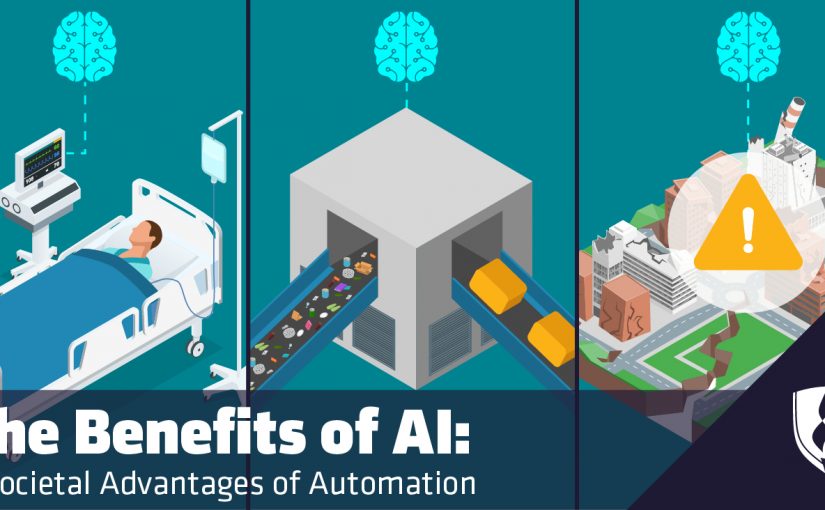HANDS OFF: With the growth of AI you won’t need humans at workplaces or even in a hospital. Through AI you can remotely control a wide range of activities.
Even with 5G you can use artificial intelligence instruments to keep track of your kids at home, put on and of your oven and even switch on the AC so that you will walk into a cool home…….
it looks as if a day cannot go by without a new story warning that artificial intelligence is coming for our jobs or artificial intelligence will change the face of humanity. If you want to be part of this radical transformation you do not need to wait for your professor/manager/mentor to tell you to learn artificial intelligence. It is the skill of the century. This article broadly touches why one should learn artificial intelligence and different methods and learning frameworks that I have personally applied to my learning.
Artificial Intelligence is an enormous field. It comprises of various disciplines and a variation of tools and platforms. There is no boundary to what these artificial intelligence techniques can be applied across numerous business domains. Let’s unpack and take a stab at the importance of learning artificial intelligence.
AI Is The Skill Of The Future
Despite recent exponential growth in the field of artificial intelligence, there is skill shortage. To prepare yourself with a future-proof career you will require proficiency in artificial intelligence.
As artificial intelligence can be applied to a lot of problems and different markets so it should be seen as a fundamentally new approach to every problem and situation.
My article: How To Reinvent Your Career By Learning Artificial Intelligence explains how learning artificial intelligence will prepare you to take advantage of unseen opportunities and pave the path for the personal vision for success.
There are many job profiles and specializations for an artificial intelligence engineer. Following are few examples of these profiles: –
Design artificial intelligence enabled products and services
Explore real-world problems where artificial intelligence technology can be applied
Evaluate various algorithms
Specialized research to advance current technologies
Industry-specific data mining and data analysis to create more value
Software design and information architecture
Professional/managed services
Learning AI: Formal Qualification or Do-It- Yourself Way
What can be more exciting than learning a skill that will give you more opportunities and widen your view around the future of work and business? On the face of it appears simple that you can join some university, get a degree in artificial intelligence and you are done, but here is the ironic thing — In a traditional career track, education, skills, work experience, and job roles: should be aligned as much as possible, but a profession in Artificial Intelligence can be realized in many paradigms and in practically all industries. Healthcare, telcos, military, art, research, manufacturing, marketing, finance, and transportation — all these industry sectors need artificial intelligence skills. Alternative areas of massive opportunities embrace ethics, philosophy, policy making, and civic planning.
In my earlier article – Learning Artificial Intelligence — Formal Education or Online Self-learning (Ph.D. or MOOC), I have explained the challenges and also concluded that if you crave to join research or academia and contribute to the development of artificial intelligence then a formal education would be a good fit; and if you are someone who prefers to build some great product/feature and launch it within the next 18 months then you can learn artificial intelligence by attending structured and specialized online courses.
To accomplish any form of learning, recognize your areas of strength and weakness, identify what environment suits your learning and what distracts you. Then only, you will be better prepared to meet the answer to your most important question — Formal artificial intelligence education or online-learning? A Ph.D. in Artificial Intelligence or MOOC
In the same article, I have discussed the comparison between formal qualification and do-it-yourself kind of online courses.
Choosing A Learning Approach Based On Your Current Role
With so much hype about the field of artificial intelligence, it is surprisingly easy to get it mistaken. Artificial intelligence field is so wide that it is easy to hit a roadblock because you started learning it in the wrong way (or a difficult way) without assessing your current role and readiness. Complex emerging technologies like artificial intelligence, machine learning, and the neural network have the potential to create whole new business models. Sales, marketing, technology, support — leaders, and employees from all domains, need to learn artificial intelligence — but differently.
In the article – Choosing The AI Learning Approach Based On Your Current Role I created three roles and charted out different high-level learning approach for each role. Below is the snapshot of the same:
Role1: Executives and leaders — should be prepared to act quickly to make informed decisions on how to use artificial intelligence for their own business, or how to employ artificial intelligence to increase customer value propositions.
Role2: Specialists from similar fields — having a high level of information technology awareness around their domains, familiar with data, statistics, and programming — but very new to artificial intelligence. Wants to do hands-on within a week after learning artificial intelligence.
Role3: Experienced or fresh graduates — ready to transform/create a career out of artificial intelligence. People can spend around 20 hours per week in learning new skills for a career transformation.
For detailed information on each of these three roles, you can refer to my article on the same.

AI Careers And Job Roles
Small or big, organizations can’t ignore artificial intelligence. Enterprise level organizations will have their own 🔗Center of Excellence in AI dealing with various emerging technologies like advanced artificial intelligence, machine learning, robotics, quantum computing, internet of things, cognitive computing etc.
Organizations won’t protect jobs that are made redundant by technology automation, nobody can. Some companies recognize the concern towards their employee and encourage them for flexibility and re-skilling. Do not decline any such opportunity to learn future-ready skills. It won’t be pleasant because there is a lot of uncertainty about the future with people losing jobs due to automation.
This article barely hints the technological view of Artificial Intelligence, but the best-known attempts to understand artificial intelligence are not about technology as AI is more than coding, automation tools, and algorithms.
Whether you choose to become a data engineer, data scientist, AI researcher, machine learning engineer or a social scientist — a career in artificial intelligence can be realized in a variety of settings including public organization, private corporates, scientific research, government agencies, and military.
Future of Artificial Intelligence
Research data from McKinsey Global Institute says that there is large potential for AI to contribute to global economic activity. 70 percent of the organization would have adopted at least one type of AI technology by 2030. Artificial Intelligence based technologies has the potential to deliver additional global economic activity of around $13 trillion by 2030, or about 16 percent higher cumulative GDP compared with today.
The impact of artificial intelligence might not be linear but could build up at an exponential pace over time. On the negative side, artificial intelligence will widen the gaps between countries, companies, and workers. China and the US would be top positioned and would face AI war for years to come. Benefits of artificial intelligence will be distributed inappropriately.
On a much larger scale, Artificial intelligence enabled radical growth will going to change how humanity thinks about the role of culture, god, faith, reality and ourselves. The ultimate aim of artificial intelligence research is a technological singularity- the point at which technology overtakes the human. What it will bring and how it will transform it we won’t realize until it’s arrived.
Machines will become excessively successful at persuasion and can drive humanity to a common goal or it can formulate its own long-term goal that does not act in accordance with human values.
We don’t know the 🔗ultimate goal of artificial intelligence but the sure thing is that AI is going to be one of the most competitive benefits in the business in the near future and each organization should have a plan, not to just apply artificial intelligence, but to continuously think, adapt and innovate how artificial intelligence can help in the journey.
Courtesy:www.medium.com

